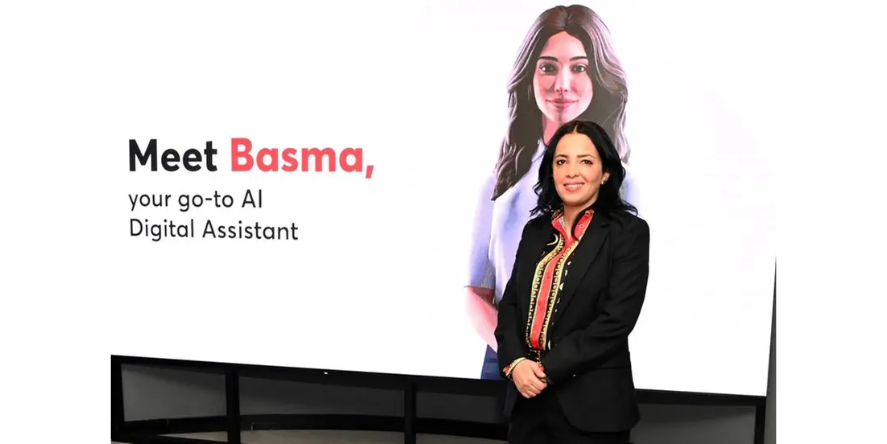As a part of a new global technology partnership recently between Daimler Mobility and Visa, Daimler announced recently to offer “native” in-car payments. This means that entering passwords or relying on mobile devices for payment authentication may be a past notion, as the vehicle itself becomes a biometrically enabled payments device, by Visa’s Delegated Authentication technology.
From spring 2022 onwards, Mercedes-Benz affirms its customers in the UK and Germany will be able to make payments using a fingerprint sensor in the car, with other European markets to follow. Stating Purchases can then be made directly through the car’s head unit, or MBUX. The solution is anticipated to be available in other markets globally at a later stage.
In-car commerce has become an integral aspect of the luxury customer experience. As in, Daimler Mobility’s global payment platform called Mercedes pay enables customers to buy goods and services directly in their car, including Mercedes me services, as well as for other use cases such as fuelling and parking.
Mercedes pay is a component of Daimler’s mobility and digitalization strategy, and a business segment of Daimler Mobility. Daimler will be the first ever automotive company in the world to incorporate the Visa Cloud Token Framework into its vehicles. Visa’s Cloud Token Framework is a cloud-based security technology that allows more flexibility across multiple devices as Visa Cloud Tokens protect and remove sensitive payment information by converting data and storing it securely. They also enable multiple devices pairing in and beyond the car, which are then directly integrated with the consumer’s bank credentials. This significantly improves the overall payment experience as consumers no longer need to enter long card numbers to complete a purchase or switch between devices to authenticate payments. The solution will be used to initiate a two-factor authentication.
Strong Customer Authentication (SCA) compliance requires two-factor authentication consisting of the following: something the consumer knows (e.g., a password), possess (e.g., a connected device) or is (e.g., biometrics), thereby Daimler Mobility makes use of Visa’s Delegated Authentication Service, making it possible to apply SCA on behalf of the issuer.
Antony Cahill, Deputy CEO and Head of European Markets, at Visa in Europe said “We are excited to bring to life a native solution for in-car payments for the first time, together with our partner Daimler Mobility. It is significant that both the successful pilot testing and initial launch activities are taking place in Europe, a world-leading hub for payments and automotive innovation. This is a powerful example of how the world’s leader in digital payments and the inventor of the automobile are able to combine their technologies to create the next generation of smart solutions for the automobility sector, providing the driver and passengers with a completely new in-car connected commerce experience.”
Franz Reiner, Chief Executive Officer, Daimler Mobility said “Mercedes pay is our competence center for in-car payment, through which we offer our customers worldwide digital services seamlessly integrated within the Mercedes-Benz ecosystem. In partnership with Visa, Daimler aims to offer native in-car payments that meets the requirements of two-factor authentication in a secure and user-friendly way. There is nothing more convenient than authorizing a payment with your fingerprint. A luxury customer experience of course includes the aspect of safety, and we fulfil that through native in-car payment. We offer our customers security not only when driving, but also when paying.”
Promising future for in-car digital commerce, the data documented in the next two years alone, states the number of connected cars is estimated to increase to more than 352 million worldwide and the total volume of in-car payments is set to reach approximately $86 billion by 2025.
Mobility trends like electric vehicles, car sharing, autonomous driving and connected cars are increasing the demand for innovative payment methods within the vehicle itself. In the present day, when you buy car-related services, many require the motorist to use a separate device to log onto an app or website. Daimler and Visa’s claims its ambition based to enable users to have hassle-free payments experience through the car, while also expanding the choice and quality of experiences available to them.
















